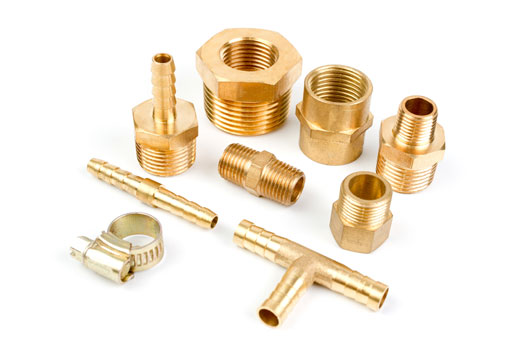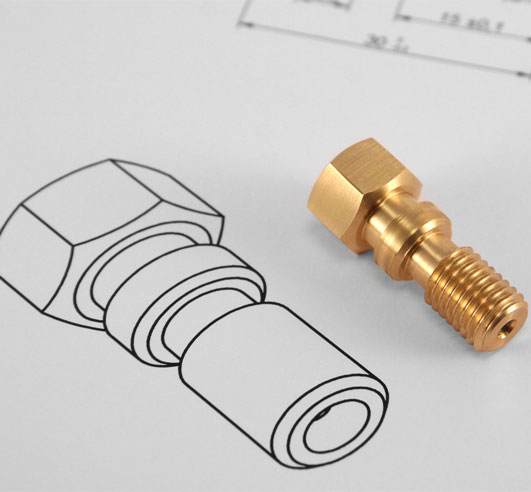Manufacturing is a paramount sector powering the world's economy, and CNC machinists are a primary gear in this vast machinery. However, one crucial question for aspirants is always about compensation - how much can a CNC machinist expect to earn?
Understanding the Position
CNC machinists are responsible for upkeeping, operating, and programming computer numerically controlled (CNC) machines. These are advanced pieces of technology known for their precision and efficiency. From automobiles to medical devices, electronics to aerospace, CNC machines form the backbone of production.
Breaking Down the Pay
On average, in the United States, a CNC Machinist makes around $42,000 yearly. However, this figure can range from around $30,000 for entry-level positions to over $60,000 for highly experienced and skilled machinists. Pay rates can generally be influenced by factors like location, experience, specialization, and industry.
Geographic Influence
Location is a significant factor influencing a CNC machinist's salary. More populated states and cities, which host more industries, typically pay more than less industrialized areas. For instance, a CNC machinist in New York or California could potentially earn more than their counterparts in less populous states.
Experience and Skillset
Experience casts a substantial effect on wages in this industry. A machinist who has spent years mastering their skills, handling a variety of projects, and proving their reliability and competence can earn markedly higher than a beginner in the field. Furthermore, machinists who can handle more complex machinery or have skills in programming or CAD/CAM software can command higher salaries.
Industry-wise Distribution
The industry a machinist works in can also play a role in defining their salary. Industries like aerospace and defense, where accuracy and precision are vital, tend to pay CNC machinists more generously compared to others. Similarly, roles in research and development often offer higher salaries due to the complexity and novelty of the work involved.
The Role of Certifications
While a typical path to becoming a CNC machinist involves a high school diploma followed by vocational training or an associate degree, obtaining certifications can give professionals an edge. Certifications like CNC Programming or CAD/CAM can help machinists prove their competency and potentially earn higher salaries.
Impact of Unionization
Unionization can also impact a CNC machinist's earnings. Those who belong to a workers' union can enjoy benefits like collective bargaining, which can lead to higher wages and better working conditions.
Growing with the Job
While the starting salary might not appear lucrative, it's critical to remember that with experience and additional skills, earning potential increases significantly. Many machinists incrementally boost their income by learning new techniques, mastering advanced software, and adopting more responsibilities.
In the end, while understanding the salary dynamics is crucial before stepping into the field, potential CNC machinists should also consider other aspects such as job satisfaction, growth potential, work-life balance, and the opportunity to be a part of creating something enduring and meaningful.
A career as a CNC machinist offers a gateway to a world where precision meets creativity, where you can watch raw materials transform into intricate parts of a bigger picture, and indeed, where you are not just a cog, but a craftsman shaping the industrial landscape. \\
cnc machining salary







